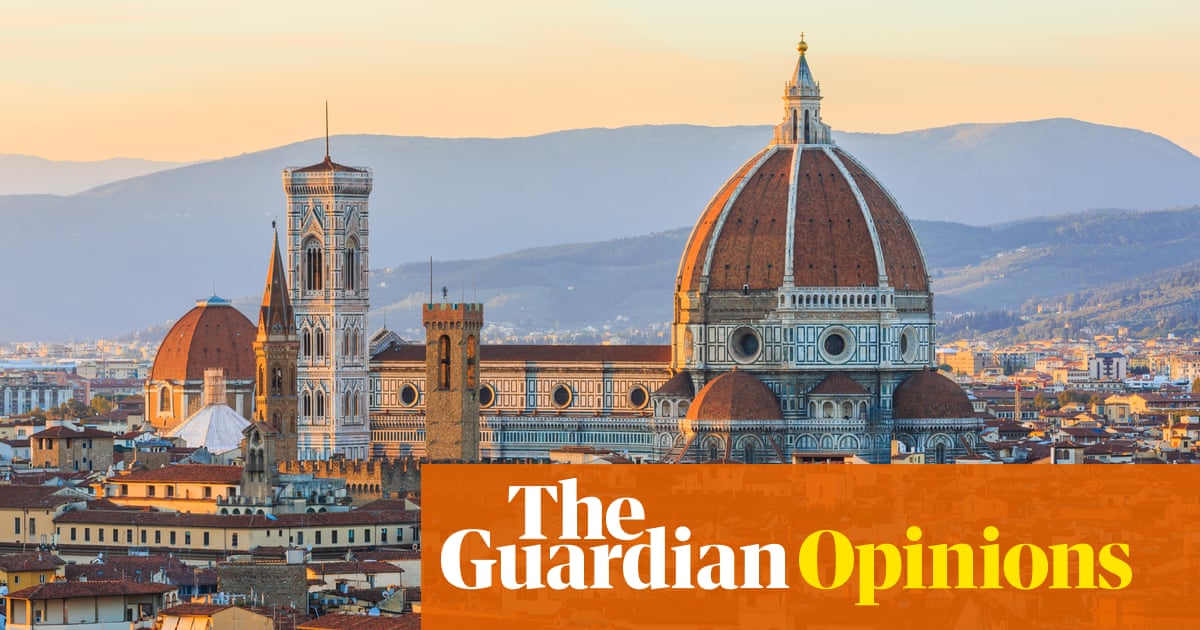
The prospect of a warming planet rapidly transforming parts of the Arab world into uninhabitable zones has long been downplayed, dismissed and even ridiculed by political elites and beleaguered governments.
Despite growing evidence and the sheer volume of literature documenting the ways in which climate change will severely affect the region in intense and far-reaching ways, the overall responses so far remain slow, ineffectual and highly exclusionary.
Meanwhile, seemingly credible climate plans or policies are dominated by top-down directives that look good on paper but consistently fail to translate into meaningful action, attitude shifts and changes in consumption, which are key to any successful mitigation efforts.
This reluctance to fully embrace and institutionalize climate-friendly agendas in policy, laws, education and public discourse leaves very little time to plan and initiate complex, whole-of-society interventions throughout critical sectors, not excluding the region’s sprawling informal economies.
Failure to act decisively and in a timely manner will result in the fallout from a warming planet exacerbating long-standing governance issues, intensifying socioeconomic inequalities, and creating new disruptions or worsening old ones.
However, it will not be an easy undertaking. For most Arab governments, taking action to limit the planet’s warming to a shared goal of 1.5 degrees Celsius above pre-industrial levels is low on the list of priorities.
Parts of the region are still inundated by the pandemic’s fallout, amid a palpable slide toward illiberalism and reduced democratization by paranoid, entrenched ruling elites compromised by endemic corruption and cronyism, which is stoking political unrest. Elsewhere, protracted conflicts in at least three unstable countries have disrupted lives and livelihoods for years, dimming the prospects there for rapid recoveries, resettlements and peaceful transitions to stable post-war societies.
In addition, high rates of unemployment, particularly among the region’s youth and women, have not only widened equality gaps and reduced accessibility to better healthcare, education and opportunities for upward mobility, they have also complicated any attempts by governments to manage crises or navigate an almost endless list of woes through inefficient, bloated bureaucracies that are crippled by an assortment of governance maladies.
Yet these are not the only challenges the Arab world faces going forward, especially when accounting for the worsening effects of climate change.
Failure to act decisively will result in the fallout from a warming planet creating new disruptions or worsening old ones.
Hafed Al-Ghwell
A recent, alarming report by the UN’s Intergovernmental Panel on Climate Change concluded that projected emissions, based on national pledges, will result in the planet warming beyond the 1.5 degrees Celsius international target by 2030, rising to nearly 4 degrees Celsius by the end of the century, should the world fail to act decisively and drastically slash greenhouse gas emissions.
Unlike in other parts of the world, even the slightest temperature increases will intensify heat waves across the Arab region due to the desert amplification of a warming climate. Already, temperatures are expected to increase by at least 4 degrees Celsius by 2050, which means there will be more frequent heat waves and the likelihood of some parts of the region exceeding the threshold for habitability and human adaptability.
Rising temperatures in the world’s most water-stressed region means parts of the Arab world will be among the first to effectively run out of water as a result of continued climate inaction, runaway population growth, wasteful consumption and poor governance. Water resources across the region are diminishing faster than they can be replaced by precipitation, particularly in countries with significant agricultural irrigation demands, which threatens long-term food security as well.
Worse yet, as the planet heats up, the proximity to large bodies of water such as the Mediterranean will not even matter given that parts of the Levant are projected to suffer the worst droughts due to reduced rainfall. Jordan, in particular, expects a decline in precipitation by at least 30 percent in the coming decades.
As a result, close to 90 million inhabitants of the Arab world are on track to suffer varying degrees of water stress by 2025, a number that will likely skyrocket should the world blow past its emissions targets. Beyond the effects on productivity, public health, increased aridity and migratory surges, to name but a few, water scarcity, droughts and the struggle to access rapidly diminishing quantities of water will also contribute to violent intraregional conflicts.
There is some doubt among analysts whether climate change itself will be a driver of conflict as the consequences of a warming planet become even more real between 2030 and 2050. However, worsening food and water insecurity due to record-breaking droughts, intense heat waves and demographic pressures are likely to dramatically shift priorities for some Arab states, especially if competition for scarce, transborder water resources intensifies, which will make direct or proxy conflict more likely.
The Middle East and North Africa region’s coastal and littoral zones are also at risk from the threat of rising sea levels, and flash floods as a result of sudden heavy rainfall following severe storms. Average global sea levels are projected to rise by as much as 1.5 meters by 2100, a development that will have myriad consequences, including the salinization of aquifers and wells, effects on agriculture, and threats to waterfront cities and towns that will render them uninhabitable.
Rising sea levels are particularly worrisome for North African countries that already experience migratory surges from Europe-bound, Sub-Saharan Africans. As rising water levels encroach on cities such as Benghazi, Alexandria and Algiers, they will displace populations and introduce new stresses for governments already distracted by a troubled post-Qaddafi transition in Libya, tensions upstream of Egypt’s primary water source, the Nile, and the political unrest in Algeria.
Given these pressing risks, a number of Arab governments have pledged to play their part and mitigate global warming through transitions to renewables and other green innovations, with the Gulf states leading the efforts in this direction.
However, there is much more yet to be done. Pledges, massive projects and high-toned forums can only do so much to mobilize global efforts to substantially reduce greenhouse gas emissions to appreciable levels and delay the most severe effects as much as possible.
Arab leaders, governments and policymakers need to bolster the ability of their societies to withstand and adapt to climate change-related stresses through enhanced political and economic inclusion, prioritizing the protection of the most vulnerable: The impoverished, rural and coastal inhabitants, women, migrants and refugees.
The region needs to depart from top-down, exclusionary interventions and embrace greater inclusivity to ensure better and more sustainable outcomes on climate adaptation in ways that will not hamper each country’s growth, competitiveness, governance or long-term stability.
In other words, the urgent need for climate interventions should not become a tool for ruling elites to entrench themselves, sustaining already bloated public sectors, and widening the inequalities within and among nations.
The region must avoid becoming the first victim of a global climate catastrophe by taking the first steps to implement holistic policies that include empowered citizens, an engaged civil society, local institutions and municipalities, rather than simply throwing money, borrowed or otherwise, at a looming crisis.
Hafed Al-Ghwell is a senior fellow with the Foreign Policy Institute at the John Hopkins University School of Advanced International Studies. Twitter: @HafedAlGhwell












